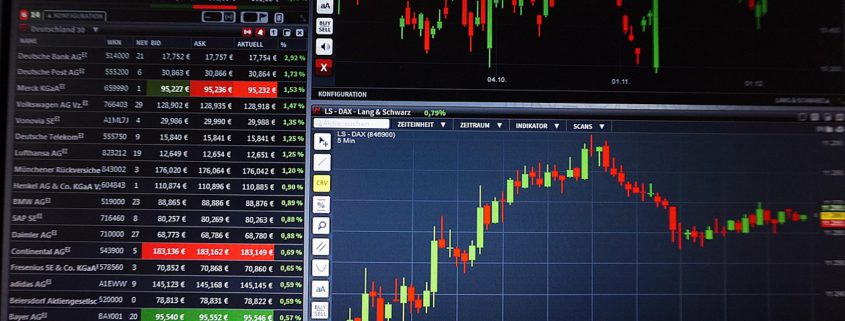Goldman Sachs flags sluggish progress, sticky inflation, rising yields, however stays bullish shares
Headwinds aplenty for the US, however Goldman Sachs shrugs ’em all off. This from a number of sources within the financial institution.
-
Sluggish progress anticipated regardless of recession being prevented
Whereas the U.S. financial system isn’t anticipated to fall into recession, total progress is prone to stay subdued. Goldman Sachs Chief Economist Jan Hatzius forecasts GDP to broaden by simply round 1% in 2025, as rising tariff charges weigh on commerce and enterprise exercise. In the meantime, core inflation is seen climbing to roughly three%, with mounting proof that client spending — a key progress driver — is starting to stagnate. -
Deficit considerations pressuring long-end yields
Investor consideration is more and more turning to the deteriorating U.S. fiscal outlook. Rising considerations over rising deficits are beginning to exert upward strain on long-term Treasury yields. In consequence, Goldman Sachs Analysis expects the U.S. greenback to weaken towards a basket of main currencies, as fiscal sustainability questions take centre stage in international markets. -
Bullish outlook for equities regardless of yield curve shifts
Regardless of the unsure macro backdrop, Ashok Varadhan, co-head of International Banking & Markets at Goldman Sachs, stays optimistic on U.S. equities. He anticipates the Federal Reserve will decrease its coverage price within the coming quarters, inflicting short-term Treasury yields to fall relative to longer-dated bonds — a improvement that might help fairness valuations and investor sentiment. -
Deficits and AI spending could raise near-term progress and earnings
Goldman Sachs Vice Chairman Rob Kaplan acknowledges that rising deficits might pose longer-term dangers to bond markets, significantly on the lengthy finish of the curve. Nonetheless, he notes that the related fiscal stimulus could assist bolster GDP progress within the close to time period. Coupled with accelerating funding in synthetic intelligence, these components might underpin resilient company earnings regardless of broader financial headwinds.
This text was written by Aaron Cutchburt at investinglive.com.




Leave a Reply
Want to join the discussion?Feel free to contribute!